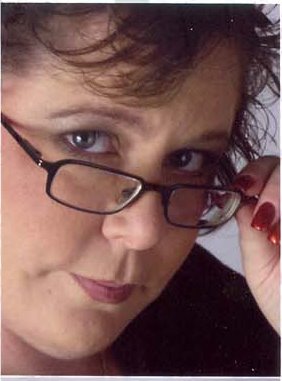With teens, the web is, like, addicting:: Nearly 40% say they spend three hours
Teenagers are known for their tendency to overdramatize, but when it comes to the internet their passion is no exaggeration. More than two-thirds say that 24 hours without internet access outside of school would, like, totally ruin their day. That's according to a new study by Burst Media that surveyed more than 1,800 web users ages 13-17. By the looks of it, teens may have the most serious internet habit of any demographic. Nearly 40 percent of teens say they spend three hours or more per day on the internet, and another 18 percent say they spend two to three hours online. Only 20 percent spend less than an hour. By comparison, the average internet user spends just over two hours online per day, according to Nielsen//NetRatings. Among Burst's other findings: Teens use television along with the internet more often than any other offline media, followed by listening to the radio. Three out of five respondents had visited a social networking site such as MySpace, and half play online video games. Chuck Moran, manager of market research at Burst Media, the ad network, talks to Media Life about teens™ affinity for the internet, how advertisers can reach them online, and why girls are more likely to be doing homework while on the web than boys.


